Artificial Intelligence is a fascinating field of technology. It's about creating machines or software that can think like humans. It's designed to make our lives easier and more efficient. Artificial Intelligence (AI) plays a crucial role in the hardware industry, impacting various aspects from design and manufacturing to optimization and maintenance. Here are some key points highlighting the importance of AI in the hardware industry:
- Design Optimization: AI algorithms can analyze vast amounts of data to optimize the design of hardware components and systems. This includes improving performance, reducing power consumption, and enhancing reliability. They can analyze large amounts of data and provide insights that can help improve the design of various components and systems. This can lead to enhanced performance, reduced power consumption, and improved reliability.
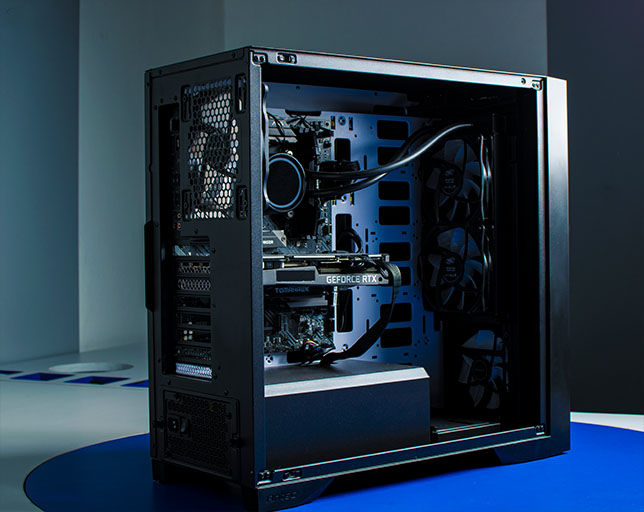
- Manufacturing Efficiency: AI-powered systems have indeed revolutionized the manufacturing industry. They have the ability to optimize manufacturing processes, which can lead to increased efficiency and reduced costs. AI-powered systems can optimize manufacturing processes, increasing efficiency and reducing costs. It can improve quality control, predict equipment failures, and streamline production workflows.
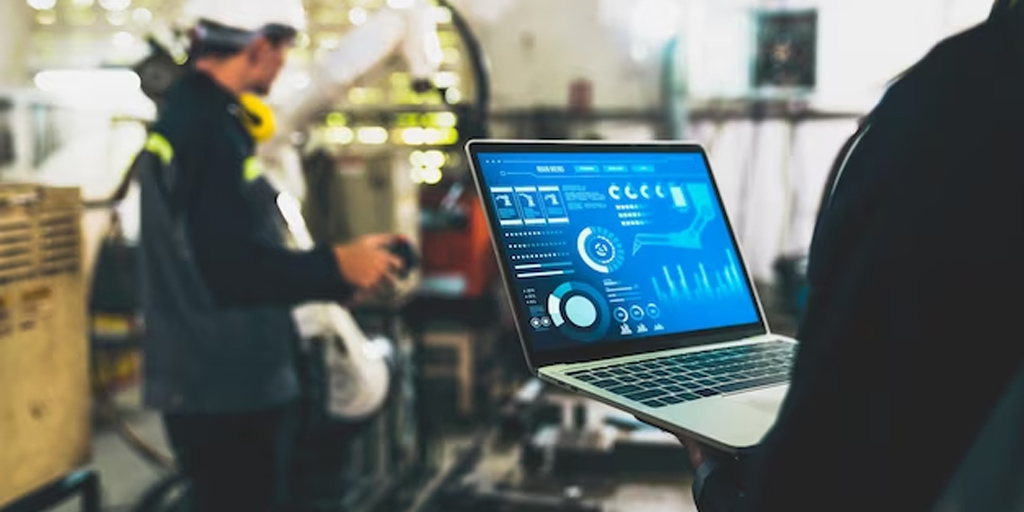
- Predictive Maintenance: Predictive maintenance is indeed a fantastic application of AI. By analyzing patterns and anomalies in sensor data, AI can effectively predict potential equipment failures, allowing for timely intervention. This not only helps in avoiding expensive repairs and downtime but also significantly extends the lifespan of hardware assets. It's a great example of how AI can bring about efficiency and cost-effectiveness in various industries. This proactive approach to maintenance helps prevent costly downtime and extends the lifespan of hardware assets.
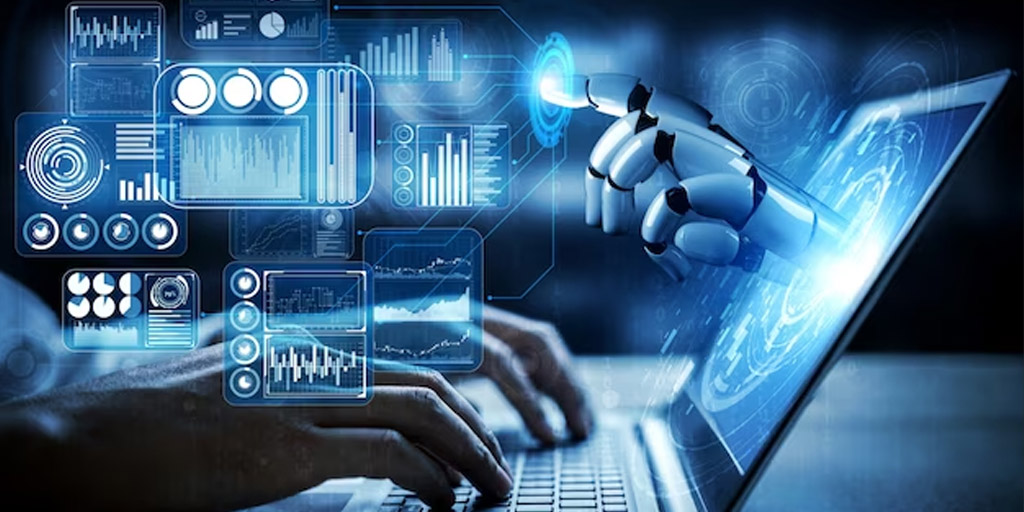
- Supply Chain Management: AI enables more efficient supply chain management by forecasting demand, optimizing inventory levels, and identifying potential disruptions. This helps hardware manufacturers minimize costs and meet customer demand more effectively. This allows companies to optimize their inventory levels, reducing the costs associated with overstocking or understocking. It can also identify potential disruptions in the supply chain by analyzing patterns and trends. This predictive capability enables companies to proactively mitigate risks, ensuring a smooth and efficient supply chain. Moreover, AI can automate various aspects of the supply chain, such as order management and logistics planning. This not only reduces operational costs but also improves efficiency and customer satisfaction.

- Personalized Products: AI technologies, such as machine learning algorithms, enable the customization of hardware products based on individual preferences and usage patterns. This personalization can lead to higher customer satisfaction and loyalty. By analyzing individual preferences and usage patterns, AI can help create products that are tailored to the specific needs and tastes of each user. This not only enhances the user experience but also fosters a deeper connection between the customer and the product, leading to higher satisfaction and loyalty.
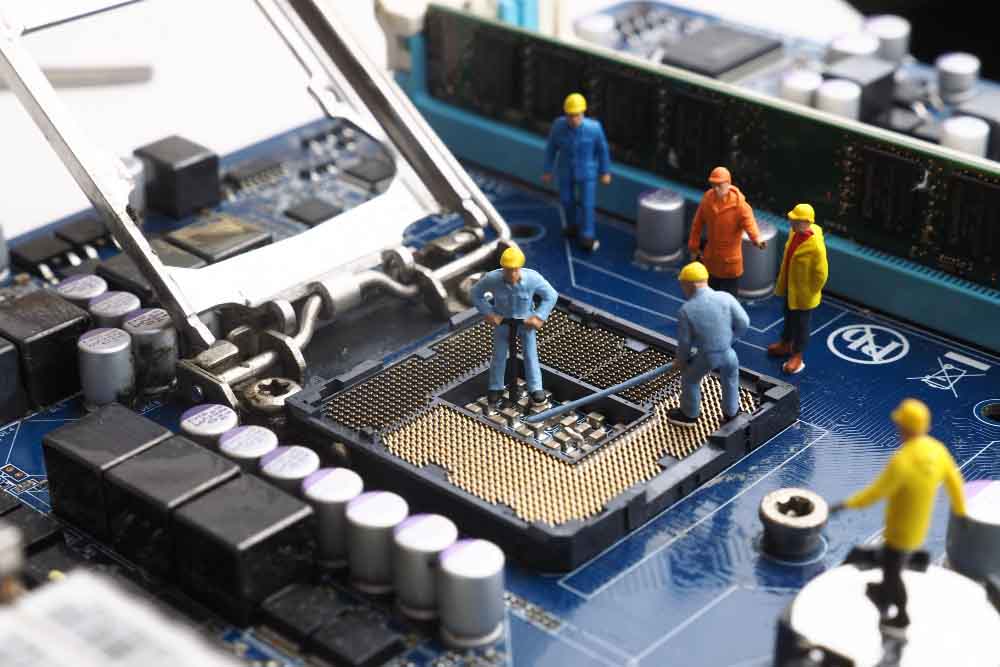
- Autonomous Systems: AI is driving the development of autonomous hardware systems, such as drones, robots, and self-driving vehicles. These systems rely on AI algorithms to perceive their environment, make decisions, and navigate autonomously. This technology has the potential to revolutionize many industries, from transportation to logistics, and even healthcare etc. It's an exciting time in the field of AI and autonomous systems!

- Data Security: In an increasingly connected world, AI is essential for enhancing cybersecurity in hardware systems. AI algorithms can detect and respond to security threats in real time, helping to protect sensitive data and prevent unauthorized access. This is particularly important in a world where data is a valuable asset. However, it's also important to remember that while AI can significantly improve security measures, it's just one part of a comprehensive approach to data protection.

- Energy Efficiency: AI can optimize energy usage in hardware systems by analyzing patterns of usage and adjusting power settings accordingly. This leads to energy savings and reduced environmental impact. AI can optimize energy consumption in various hardware systems. This not only leads to significant energy savings but also contributes to a reduced environmental impact. It's a great example of how technology can be leveraged to promote sustainability and responsible resource usage.
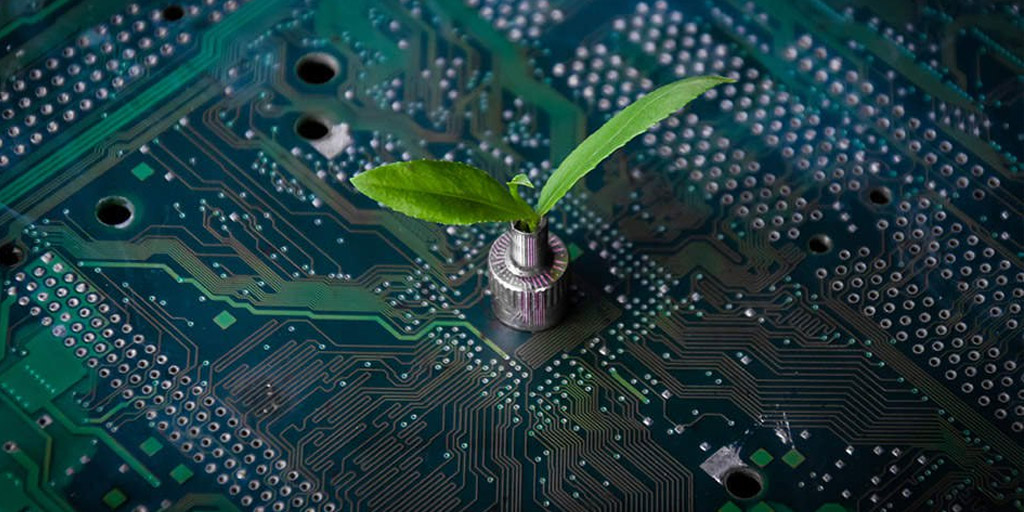
Conclusion: Artificial Intelligence is transforming the hardware industry by enhancing design optimization, manufacturing efficiency, predictive maintenance, supply chain management, personalized products, autonomous systems, data security, and energy efficiency. AI is driving innovation and efficiency in hardware systems, leading to smarter and more reliable products.
For more info visit www.proxpc.com
Workstation Products
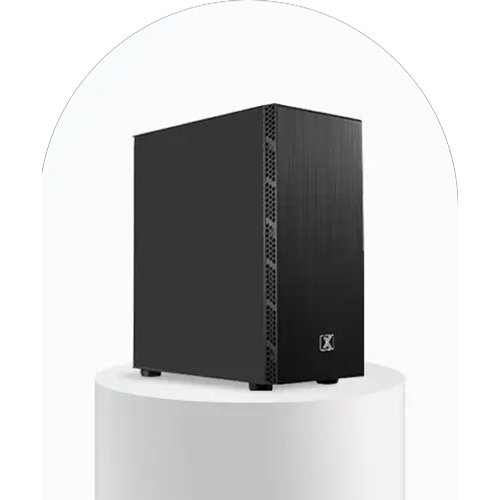
AI Development Workstations
View More

Edge Inferencing Workstations
View More

AI Model Training Workstations
View More
Edge Computing Products
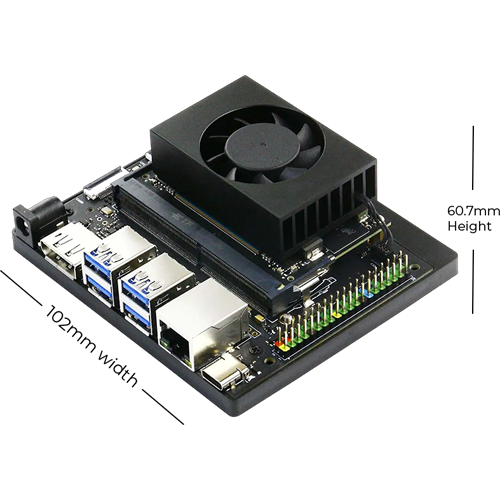
ProX Micro Edge Orin Developer Kit
Learn More
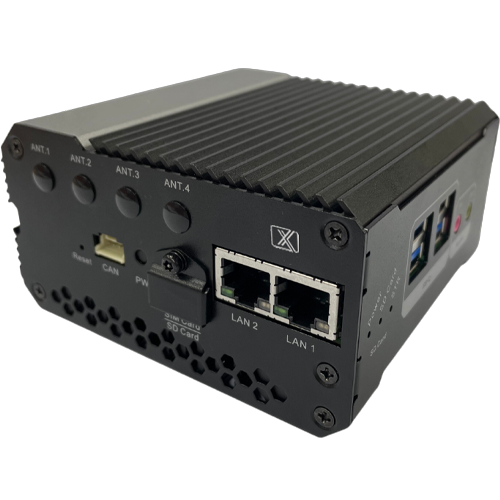
ProX Micro Edge Orin NX
Learn More
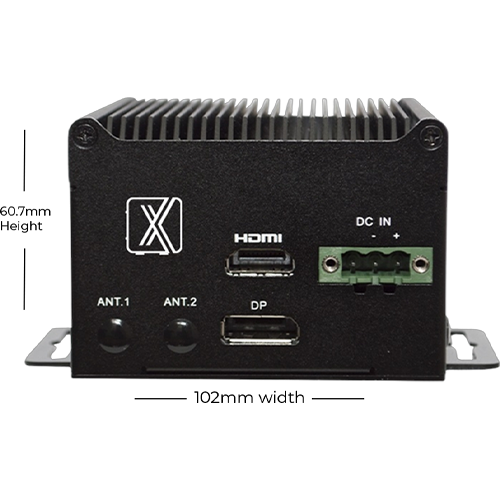
ProX Micro Edge Orin Nano
Learn More
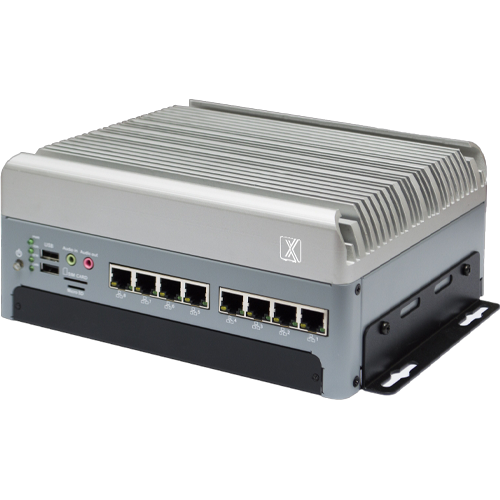
ProX Micro Edge AGX Orin
Learn More

























